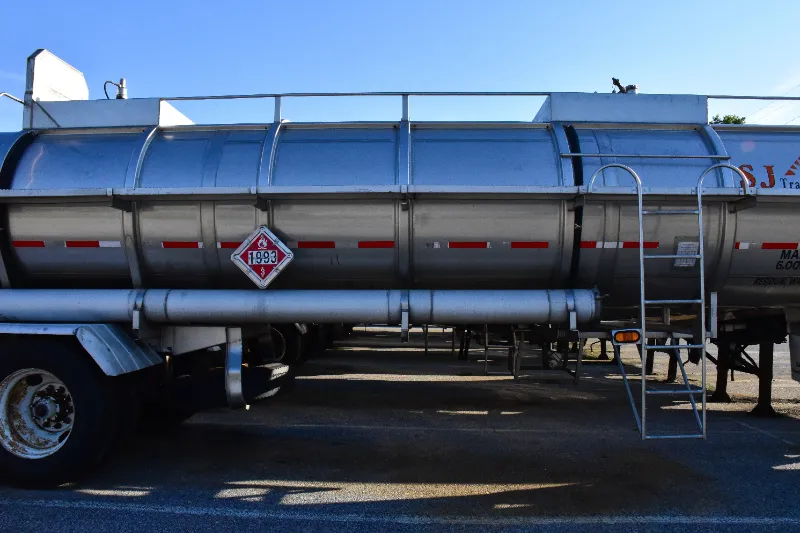 Work Injury
Work InjuryAny accident on the road is problematic, but oil tanker truck accidents can be especially catastrophic.
Due to the size of commercial vehicles, an oil truck accident can result in severe or fatal injuries.
When a tanker collides with a passenger vehicle, like a car or SUV, drivers face spinal cord injuries, traumatic brain injuries, broken bones, and wrongful death.
And everyone in the vicinity is at risk due to explosions, toxic chemicals, and cargo spills when an oil tanker truck crashes.
If a Texas oil tanker accident injured you, feel confident turning to the experienced Waco truck accident lawyers at The Zimmerman Law Firm.
Our consultations are free, and you pay nothing until we recover on your behalf. To get started, contact us online today.
Common Causes of Oil Tanker Truck Accidents
Despite the high standards for oil tank drivers and their companies, negligence routinely leads to oil tanker truck accidents.
At The Zimmerman Law Group, we have extensive experience investigating the underlying factors in tanker truck accidents.
Many accidents are caused by:
- Excessive speeding,
- Fatigued driving and hours of service violations,
- Distracted driving,
- Inexperienced or unqualified drivers,
- Operator intoxication,
- Poor or dangerous road conditions,
- Bad weather,
- Driver recklessness,
- Unsecured transport loads, and
- Unchecked blind spots.
It may not be apparent why your accident occurred at the outset. An oil truck accident lawyer can investigate your accident to determine what caused it and who or what parties are liable.
Trucking companies and insurers will send investigators out right away. You should too.
It is best to contact a personal injury lawyer with extensive experience with oil truck accidents as soon as possible. The Zimmerman Law Firm legal team will immediately take steps to protect your interests.
Your Legal Options Following an Oil Truck Accident
Most claims for oil tanker truck accidents resolve through settlement, but the litigation process is essential to position cases for settlement.
By filing a lawsuit, we can engage in the discovery process, which provides access to critical evidence from the other parties.
This information can include:
- The truck’s data record from the black box,
- The truck driver’s logs,
- The truck driver’s inspection reports,
- The trucking company’s employment records, and
- The trucking company’s inspection and maintenance records.
This information helps determine what caused the crash and who is liable for your injuries.
To recover compensation following an oil tanker accident, you must prove that the operator failed to exercise reasonable care and that their failure was the direct cause of the collision.
If you meet the standard of proof, you may be able to recover compensation for the following:
- Payment of your past and future medical bills,
- Lost income and wage-earning capacity,
- Nursing and long-term care,
- Pain and suffering, and
- Other losses.
It is only possible to estimate your claim’s potential settlement value by discussing the matter with you.
We need to know the severity of your injuries, your medical bills, and the extent of your ongoing injuries.
Need Help After an Oil Truck Accident? Let Our Oil Truck Accident Lawyers Fight for You
After an oil truck accident, let The Zimmerman Law Firm work for you.
We will focus on the investigation, insurance settlement negotiations, and trial if it comes to that. This allows you to focus on recovery.
Rest assured, with decades of experience fighting for our clients, we will advocate on your behalf and fight for the maximum compensation possible in your situation.
Please contact us by phone or online to schedule a free consultation with one of our truck accident lawyers.
